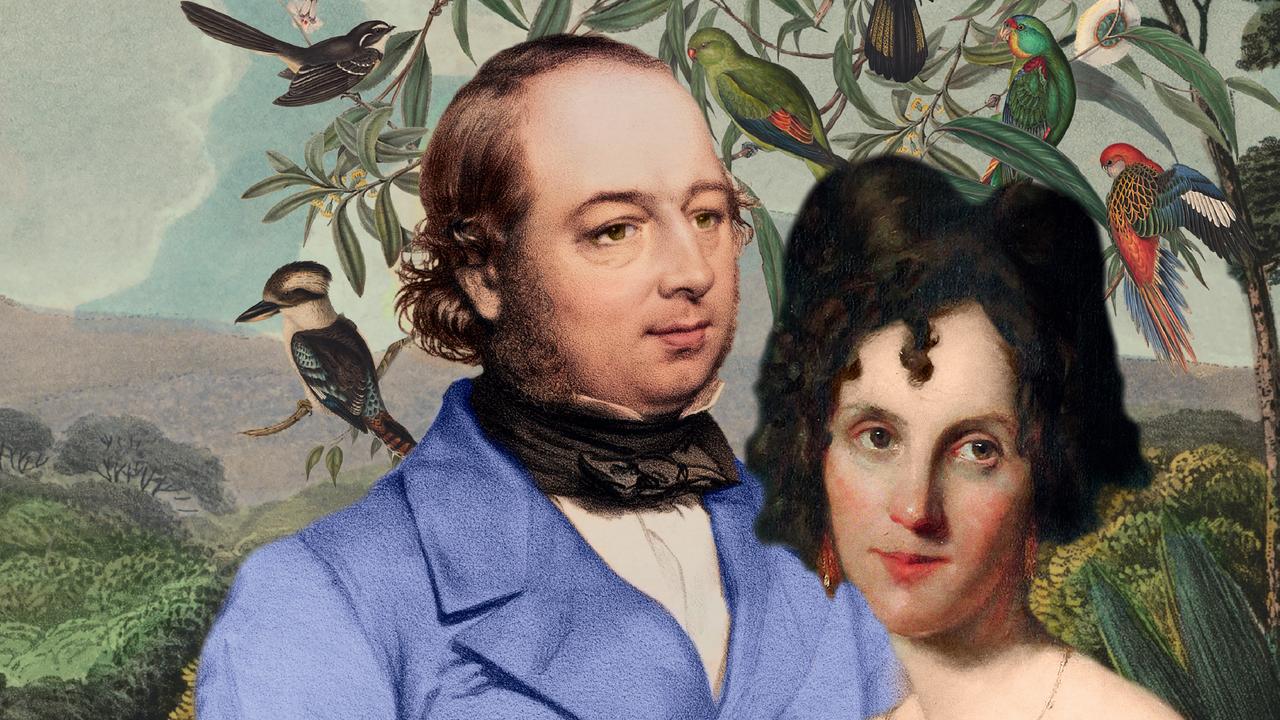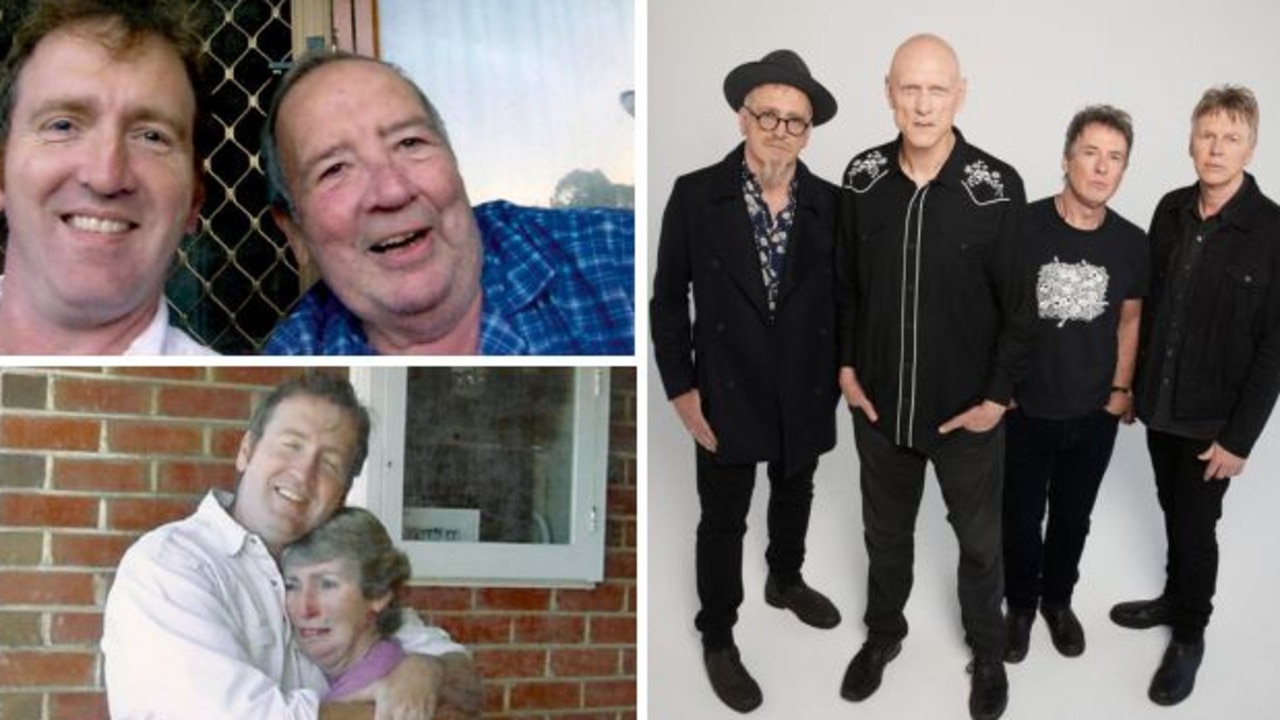Want to kick-start the creative process? Dig up the past, says author Tania Blanchard
Digging up your family’s past can become more than just a hobby. For people like bestselling Aussie writer Tania Blanchard, it unearths tremendous rewards, time after time.
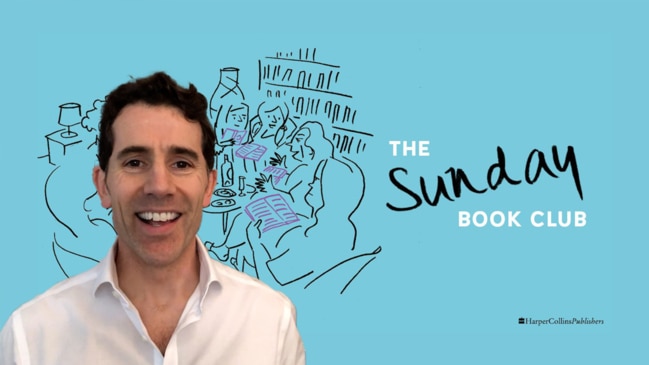
Books
Don't miss out on the headlines from Books. Followed categories will be added to My News.
I’m fortunate to have come from a family with rich cultural heritage. Growing up, I listened to stories about my family, especially those told by my German grandmother, igniting my love of family history and stories.
Like all my novels, A Woman of Courage is based on true family history. It’s inspired by the life of my husband’s great-great grandmother, Eleanor, who was a schoolteacher and publican in a small village in Northern England. I was interested to learn that many teachers were involved with the early suffrage movement and that Australia and New Zealand achieved the vote for women in the 1890s, much earlier than Britain, which didn’t legislate until around World War 1. I was fascinated to learn why Britain took so long and decided to blend these two stories together.
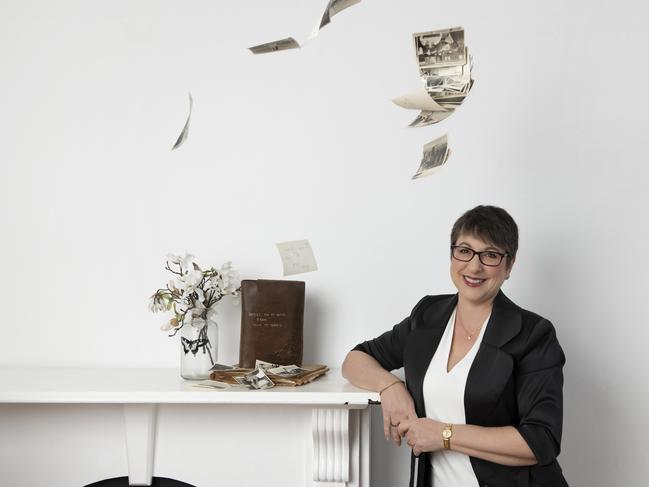
I first heard about the story of the pub run by the Blanchard family in Durham, England, from my father-in-law some years ago. Nobody knew much about Eleanor but I was intrigued by her, about the kind of life she might have had as a publican’s wife. I researched my husband’s family tree, using the Ancestry website, a fabulous source of documentation and one of the most popular tools for researching family history available to the public. Through census documents I discovered that Eleanor was a schoolteacher in 1891, living at the same pub with her parents and I wondered how she went from teaching to running the pub with her husband.
I decided to write Eleanor’s story a few years ago, even though I could have continued writing my own family stories. I knew it was time to share the journey of discovery about this part of the family with my husband, his father and my children.
Eleanor grew up in Hartlepool, an industrial port city, and was an elementary teacher in the agricultural village where her parents ran the pub. However, I knew virtually nothing about her daily life, only the large moments recorded in births, deaths, marriages and census records, and I could only imagine the shock Eleanor experienced, confronting very traditional attitudes after coming from the city and teachers’ college. Researching the historical events of the time, I was able to join the dots between her personal facts and history and imagination filled in the gaps. Weaving fact with fiction, I was able to create the life and world of my main character, Hannah, construct an authentic story and bring Eleanor’s story alive. Through this process, I was able to develop Hannah’s own conflict in the story and her fight against the resistance to change.
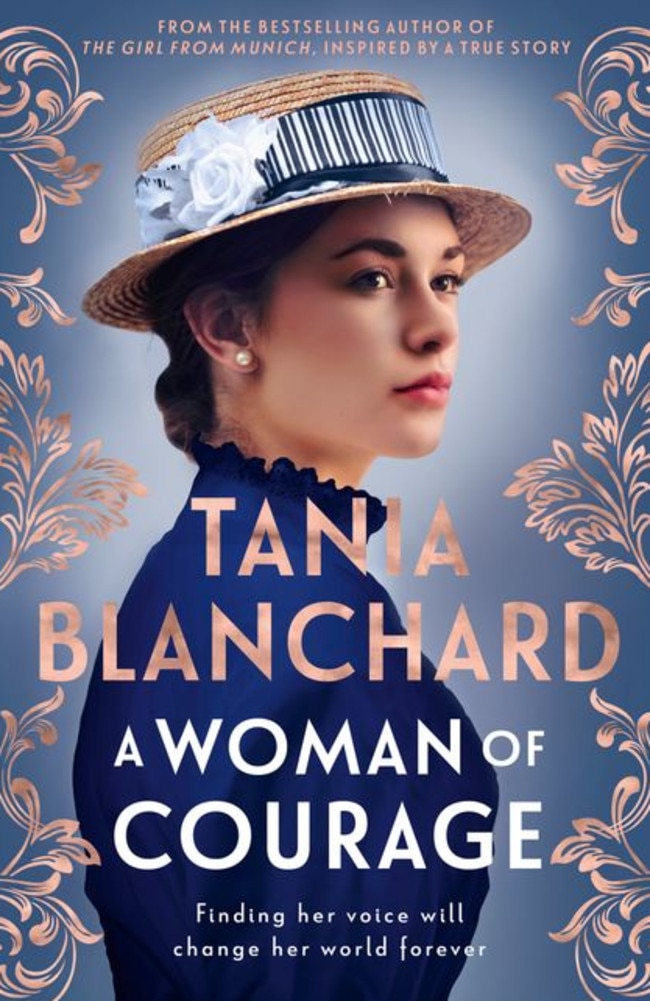
This book took me a couple of years to write, but the pandemic hit as I was beginning my research and travel was out of the question. Instead, I turned to written accounts of life during the late Victorian period and online resources focusing on the women’s suffrage movement, social reforms and public health, scientific and medical advances in Britain. Newspaper archives, online museum catalogues of fashion and how people lived, and online historical societies that shared photos and wrote about life in Durham in the 1890s, were invaluable.
It really was the cusp of the modern age, incredible to research and ponder how this change affected people of the time: ancestors like Eleanor, characters like Hannah.
I love writing historical fiction based on family stories, and I’m always amazed by the many family stories readers have shared with me. It’s fascinating to watch the rise of family history as the most widely practised form of public history. Millions of people across the world research their heritage and according to a recent survey, nearly half of Australian researchers began researching in the last fifteen years and three quarters are women across a large age range.
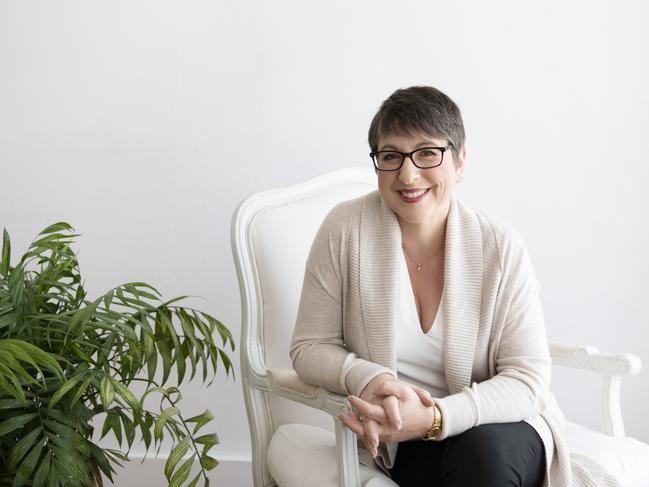
There are so many stories told within families about ancestors and family members caught up in the events of their time. These stories are universal and a part of our great cultural diversity, a way of remembering where we’ve come from and where we’re going and they provide us with a sense of identity. I think this fascination with family heritage and our past drives the popularity of historical fiction, especially those novels which are inspired by true family stories.
Fictionalising family stories brings our characters to life, allowing us to walk in their footsteps, see through different eyes and gain new perspectives. At the end of the day, I think that’s what intrigues us most. The lives of real, ordinary people touched by the events of their time. It’s their very human and often inspiring experiences that make us believe in humanity and help us understand who we are. Our ancestors’ stories are their legacy and ours too. If we share them, passing them on to future generations, we’ll never forget their stories, who they were and in turn, where we come from.
A Woman Of Courage by Tania Blanchard will be published by HarperCollins on November 1. It is our new Book of the Month – and you can get it for 44 per cent off the RRP at Booktopia.
Do drop by the Sunday Book Club on Facebook to share your favourite stories.
Originally published as Want to kick-start the creative process? Dig up the past, says author Tania Blanchard

